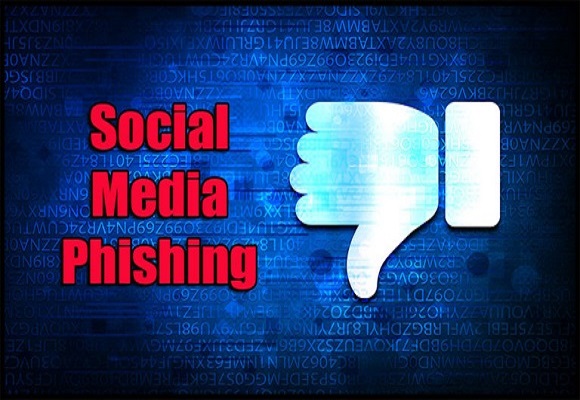‘Digital shaming’ people can land you in trouble, as Cybercrime wing officials have now started focusing on various social media accounts
Thu 06 Oct 2022, 09:12:41

The Cybercrime wing officials have now started focusing on various social media accounts on Instagram, Facebook, and Twitter and identifying online moral policing profiles and pages.
Of late, some users have been uploading and sharing photos and videos of unmarried couples and young boys and girls found in public places, on social media platforms as part of their digital shaming strategy and harassing them. After personal moral policing was taken up by a section of people and groups in parks and public places, they have now taken to ‘digital shaming’ unmarried couples, and lovers on social media.
There have been recent incidents where some persons have been capturing videos of couples moving intimately at public places like parks, hotels, malls, multiplexes, and eateries. Such video clips were further uploaded on particular pages on Instagram, Facebook, and Twitter to social shame the couples.
Messages are written by the admins and users of such pages asking people to identify the couples in the videos, more particularly the girls and inform their parents about them being found moving intimately with their lovers and boyfriends. In some
cases, if the couple is suspected to belong to two different religions or communities, they are targeted more.
cases, if the couple is suspected to belong to two different religions or communities, they are targeted more.
Even as this trend has been picking up on social media in recent times, police sources said there have been no complaints from victims in this regard. “Usually moral policing takes place on certain days when a group of people or organization catch unmarried couples or lovers and either they are forcibly married or threatened or beaten up. The digital moral policing trend seems to be picking up now,” said a senior cybercrime official adding that no complaints in this regard have been received until now.
However, the cybercrime police officials have warned people against posting such content on social media as it would be illegal and they could be booked for harassment and sections of the IT Act and prosecuted. The police officials are also contemplating taking suo motu action and booking cases against such users and profiles. They requested victims to approach the police and lodge complaints against such harassment. On the other hand, the police are also on the job of identifying such pages on Instagram, Facebook, and Twitter to take necessary action.
No Comments For This Post, Be first to write a Comment.
Most viewed from General
Most viewed from World
AIMIM News
Latest Urdu News
Most Viewed
May 26, 2020
Do you think Canada-India relations will improve under New PM Mark Carney?
Latest Videos View All
Like Us
Home
About Us
Advertise With Us
All Polls
Epaper Archives
Privacy Policy
Contact Us
Download Etemaad App
© 2025 Etemaad Daily News, All Rights Reserved.










.jpg)
.jpg)
.jpg)
.jpg)
.jpg)
.jpg)
.jpg)
.jpg)
.jpg)
.jpg)
.jpg)
.jpg)

















